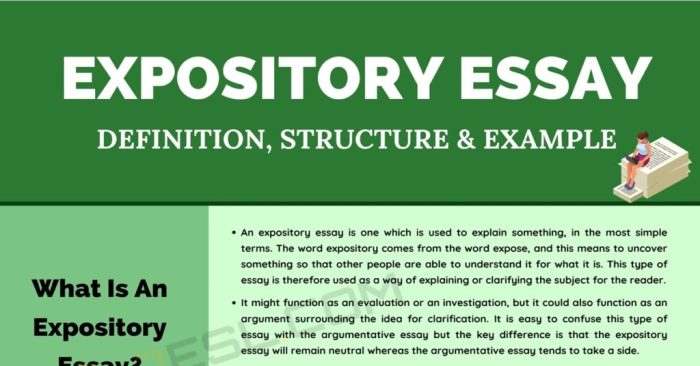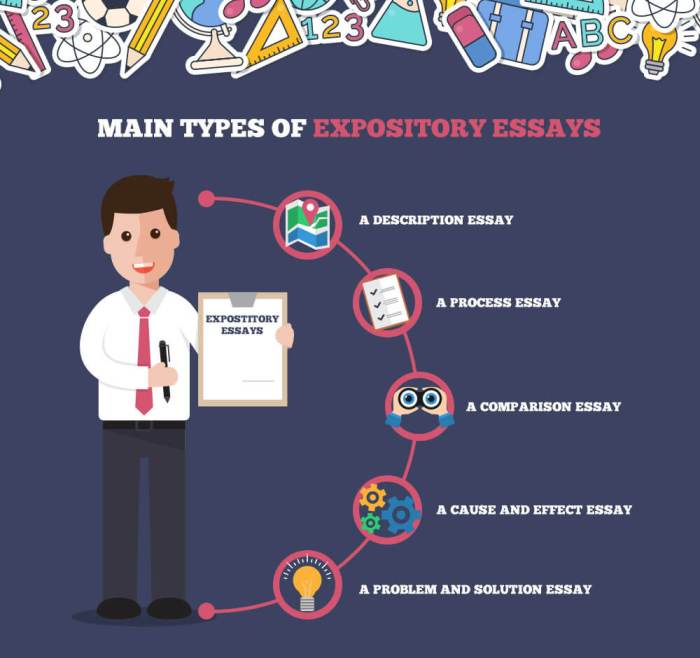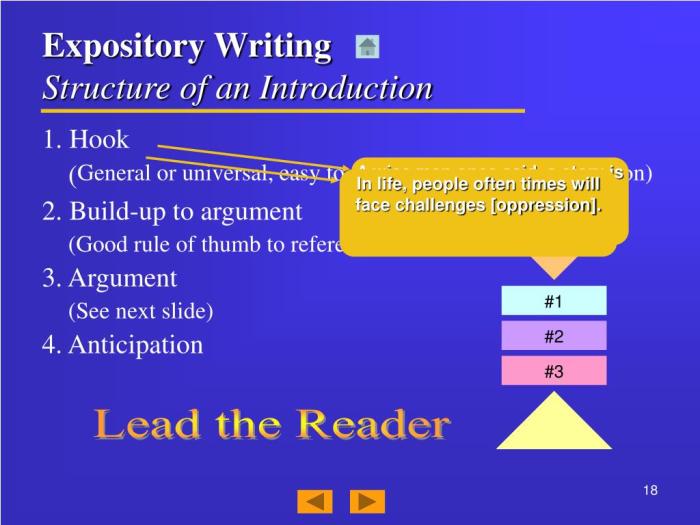Imagination is a basic factor in correct expository writing, serving as a catalyst for clarity, exploration, and innovation. This indispensable cognitive tool empowers writers to craft vivid prose, delve into diverse perspectives, structure ideas coherently, and generate groundbreaking insights.
By engaging the imagination, writers can transcend the boundaries of the ordinary and delve into the realm of the possible. Imagination allows them to explore uncharted territories of thought, challenge conventional wisdom, and uncover hidden connections.
Imagination is a Basic Factor in Correct Expository Writing

Imagination is a powerful tool that can be used to enhance the clarity, vividness, and effectiveness of expository writing. When writers use their imaginations, they are able to create vivid images and scenarios that help readers to understand and connect with the ideas being presented.
Imagination as a Catalyst for Clear and Vivid Writing, Imagination is a basic factor in correct expository writing
Imagination can help writers to create clear and vivid images that make their writing more engaging and easier to understand. For example, a writer who is describing a sunset might use their imagination to create a vivid image of the colors of the sky, the clouds, and the way the light reflects off the water.
This image will help the reader to visualize the sunset and to understand the writer’s description more clearly.
Imagination and the Exploration of Perspectives
Imagination can also help writers to explore different perspectives and viewpoints. By imagining themselves in different situations or adopting different perspectives, writers can gain a deeper understanding of the world around them and the people in it. This understanding can then be reflected in their writing, making it more balanced and comprehensive.
Imagination in Structuring and Organizing Ideas
| Imaginative Technique | Description | Example |
|---|---|---|
| Mental Mapping | Creating a visual representation of ideas and their relationships | A writer might use a mind map to organize their thoughts on a particular topic, connecting related ideas with lines and branches. |
| Visualization | Creating mental images of concepts or ideas | A writer might visualize the process of photosynthesis to better understand the steps involved. |
| Analogies | Comparing two different things to explain a concept | A writer might compare the process of writing to the process of building a house to explain the importance of structure and organization. |
Imagination and the Generation of Original Insights
Imagination can also help writers to generate original insights and innovative ideas. By brainstorming, freewriting, and engaging in other imaginative exercises, writers can open up their minds to new possibilities and perspectives. This can lead to groundbreaking discoveries and advancements in various fields.
General Inquiries: Imagination Is A Basic Factor In Correct Expository Writing
What role does imagination play in expository writing?
Imagination enables writers to create vivid and engaging prose, explore diverse perspectives, structure ideas coherently, and generate original insights.
How can imagination help writers explore different perspectives?
Imagination allows writers to step into the shoes of others, adopt different viewpoints, and gain a deeper understanding of complex issues.
What is the significance of sensory details and figurative language in expository writing?
Sensory details and figurative language appeal to the senses and create vivid imagery, making abstract concepts more tangible and relatable.

